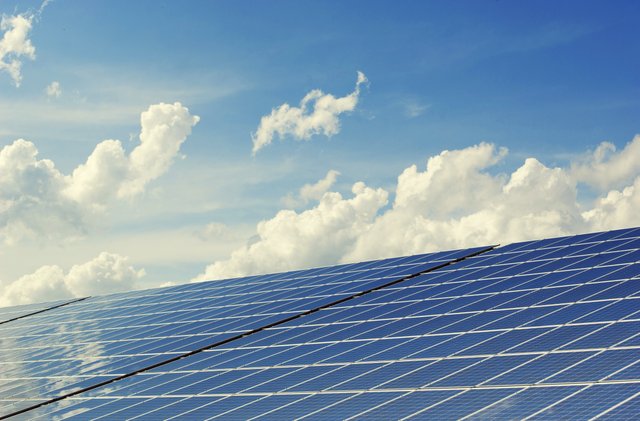
Solar energy is a form of energy that works by converting energy from the sun. At any given time, over 173,000 terawatts of solar energy strike the Earth, which is more than 10,000 times the world's entire energy needs.
It is also a significant answer for tackling the present climate problem and reducing our reliance on fossil fuels by absorbing the sun's energy and converting it into electricity to use in our everyday lives.
To help you understand how solar energy works and how it can benefit us and mother Earth, Solar Works Nigeria provides you with this beginner’s guide.
Is Solar Power a Clear Energy Source?
Solar energy is a sustainable energy source that continues to provide energy as long as the sun shines. Unlike the burning of fossil fuels, we get a clean source of energy from solar power. The conversion of sunlight into a power source creates no hazardous greenhouse gas leaks.
Solar panels have a low carbon impact because they can last for up to 25 years without losing efficiency. Since the materials used in the panels are increasingly recyclable, the carbon footprint will continue to decrease.
How Can Weather Affect Solar Energy?
The weather conditions have a huge impact on the amount of electricity a solar system generates. It goes without saying that the best day to harness solar energy is one that is bright and sunny.
Summer solar panels are less efficient than their winter counterparts. Due to this, during warm weather, it is more feasible to generate power.
How do Solar Panels Work?
A photovoltaic cell generates electricity when light hits its atoms and causes them to release electrons. When conductors are connected to the positive and negative sides of a cell, an electrical circuit is formed.
Electrons pass through a circuit to produce electricity. A solar array can be formed by joining a number of panels together. As the number of solar panels on your roof increases, so will your energy output.
How do Solar Panels Produce Electricity?
Solar photovoltaic (PV) panels provide direct current (DC) electricity. With direct current (DC) electricity, electrons in a circuit travel in a single direction. Meanwhile, a light bulb shows the functionality of a battery. To get from the negative to the positive pole of the battery, electrons flow through the bulb.
As in an engine's cylinder, electrons in AC (alternating current) electricity are constantly reversing direction. AC is produced when a coil of wire is rotated around a magnet.
What are the Benefits of Using Solar Power?
Solar energy has the lowest environmental impact of any other type of electricity. It does not contribute to climate change or water pollution. In contrast to nuclear power facilities, which require 20 times as much water, it also requires extremely little water for maintenance.
The fact that many solar installations, such as residential solar panels, are located in cities means that the absence of noise from solar energy production is an important benefit.
Not to mention, solar power can be used anywhere, as long as there is sunlight. With no alternative source of power in rural areas, this is especially useful. There are a large number of people without power all around the world.
Self-reliant solar systems can be deployed in those regions and improve the lives of millions of people. In addition, solar power is utilised to power spacecraft and boats, among other factors.
For more information about solar power, visit our site Solar Works Nigeria.